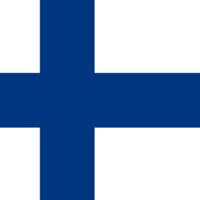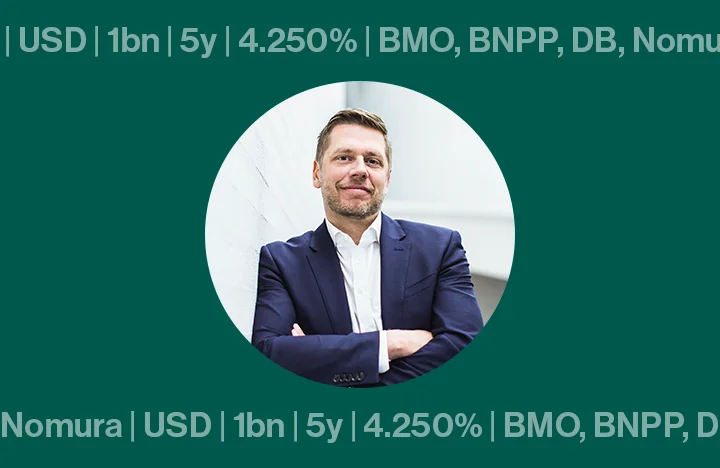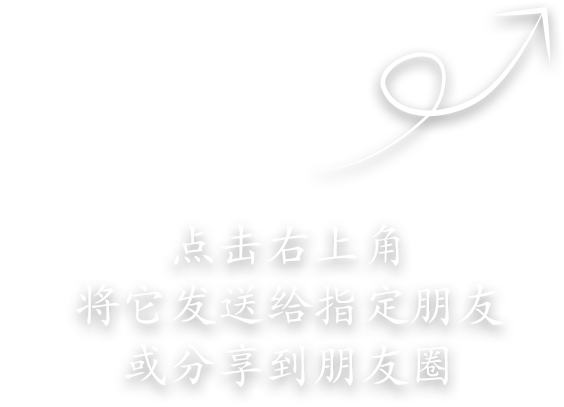"In Fund Legislation, the Same Rules Should Apply Everywhere"
Josefin Degerholm, CEO of Nordea Funds, expresses concern that reckless national additional regulations may sometimes undermine the solutions enabled by EU regulations.
Fund management is a significant international business, where funds can also be centrally managed from one country and sold to consumers flexibly across borders. The fund business brings tax revenue, jobs, and expertise to the countries where it operates. The annual profits generated by fund business managed from Finland are equivalent to the cost of a cruise ship, so it's far from trivial business.
Nordea Funds is the largest single fund company in the Nordic countries. The company's CEO, Josefin Degerholm, discusses Nordea Funds' operations and growth challenges.
What kind of company is Nordea Funds?
Nordea Funds manages funds as part of the Nordea Group. It is a Finnish company with branches in other Nordic countries. The Nordea Group also includes a Luxembourg-based fund company. Currently, Nordea Funds offers 231 funds, with the largest distribution channel being Nordea Bank.
Finnish funds are sold across almost all of the Nordic region, with Sweden being the company's largest market. Sweden has a highly developed fund market where people have been encouraged over the years to build wealth through funds. Swedish investment culture is therefore very vibrant, which is reflected in the amount of assets managed by Nordea Funds compared to other countries.
What is it like to operate across borders?
The EU has harmonized the legislative environment, and in principle, the same rules should apply everywhere. In practice, however, the national characteristics of different countries significantly impact operations. This can limit companies' ability to leverage economies of scale and create contradictory effects: even though EU regulation might allow for a certain solution, national additional regulations may dilute it. In such cases, the EU regulation's goal of treating actors uniformly within the EU is not achieved.
What growth barriers might domestic regulation create?
In the fund business, Finland's competitiveness is challenged by, for example, a national specific requirement that UCITS funds must have at least 30 shareholders. This restriction does not exist in other Nordic countries or major fund markets, meaning that funds tailored specifically for institutions cannot be set up in Finland. Since the goal is to serve our clients as well as possible, we are forced to register institution-tailored funds elsewhere.
It is important to remember that Finland is not alone in the fund market, and to improve competitiveness, we need to understand the operational environment both in neighboring countries and in international fund markets. To ensure equal competitive conditions, we should consider the operational opportunities for funds broadly in Finland and avoid setting limitations for ourselves that do not exist in other countries.
This interview was originally published as part of the Confederation of Finnish Industries (EK) Growth ReStart interview series. The series highlights the barriers to growth and their solutions. In these interviews, company CEOs discuss how to accelerate business growth, thereby increasing investments, jobs, and public revenue.






















































First, please LoginComment After ~